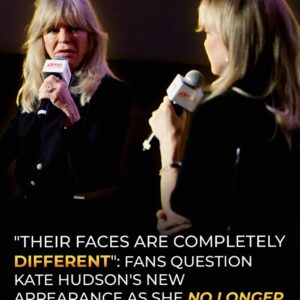Franchesca generously treated her entire family to a luxurious hotel vacation, hoping to create lasting memories. Instead, her daughter-in-law took advantage of her kindness, charging thousands of dollars in daily spa treatments and room service with no concern for the cost. On the final morning, rather than expressing gratitude, she publicly humiliated Franchesca in the hotel lobby, accusing her of inviting them out of “guilt” for being a supposedly inadequate mother and grandmother.
To make things worse, her daughter-in-law had already poisoned the grandchildren’s perception by claiming Franchesca was “showing off” and trying to prove she was better than their other grandmother. Her son remained silent throughout the incident, leaving Franchesca devastated and embarrassed in front of strangers. It became clear that the speech had been premeditated, weaponizing her generosity against her.
Once they returned home, Franchesca told her son that his wife would no longer be invited to future trips if she couldn’t behave respectfully. Instead of understanding, he accused Franchesca of being “petty” and punishing the whole family because her feelings were hurt. Franchesca now feels heartbroken—betrayed by her daughter-in-law’s cruelty and her son’s lack of support—and is unsure how to protect herself emotionally and financially while still remaining in her grandchildren’s lives.
She now seeks advice on how to set healthy boundaries, avoid being taken advantage of again, and preserve her dignity without losing her relationship with her family.





